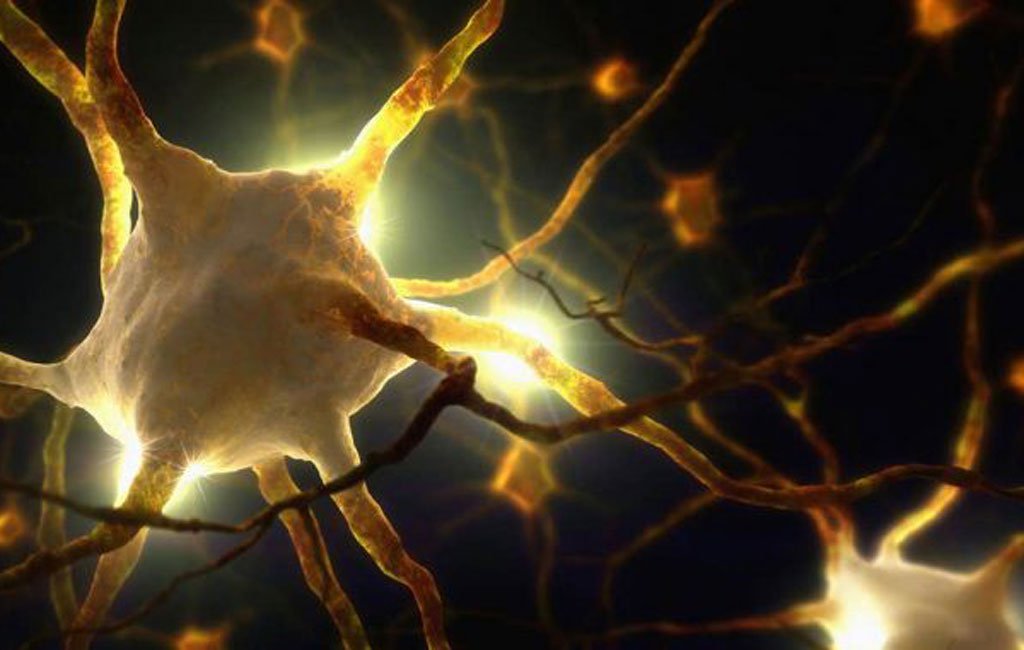Researchers at Karolinska Institutet in Sweden have discovered a new sensory organ that can detect painful mechanical damage, such as pricks and impacts. The discovery is published in the journal ‘Science.’
Approximately one person in every five encounters constant pain, and there is a considerable need to find new painkilling drugs besides opioids. Pain causes suffering and results in substantial costs for society. However, responsiveness to pain is also required for survival, and it has a protective function. It provokes reflex reactions that prevent damage to tissue, such as pulling your hand away when you touch a hot stove.
RELATED STORY:
Researchers at Karolinska Institutet in Sweden have identified a new sensory organ in the skin that is sensitive to hazardous environmental irritation. It is made up of glia cells with multiple long protrusions, which make up a mesh-like organ inside the skin. This organ is receptive to painful mechanical damage such as pricks and pressure.
The study explains what the new pain-sensitive organ looks like and how it is organized. Pain-sensitive nerves in the skin activate the organ, which results in electrical impulses in the nervous system that produce reflex reactions and the experience of pain. The cells that make up the organ are extremely sensitive to mechanical stimuli, which explain how they can participate in the detection of painful pinpricks and pressure. In experiments, when the researchers also blocked the organ, it resulted in a decreased ability to feel mechanical pain.
RELATED STORY:
Patrik Ernfors, professor at Karolinska Institutet’s Department of Medical Biochemistry and Biophysics, and chief investigator for the study, added:
“Our study shows that sensitivity to pain does not occur only in the skin’s nerve fibres, but also in this recently-discovered pain-sensitive organ. The discovery changes our understanding of the cellular mechanisms of physical sensation and it may be of significance in the understanding of chronic pain.”1
Source:












